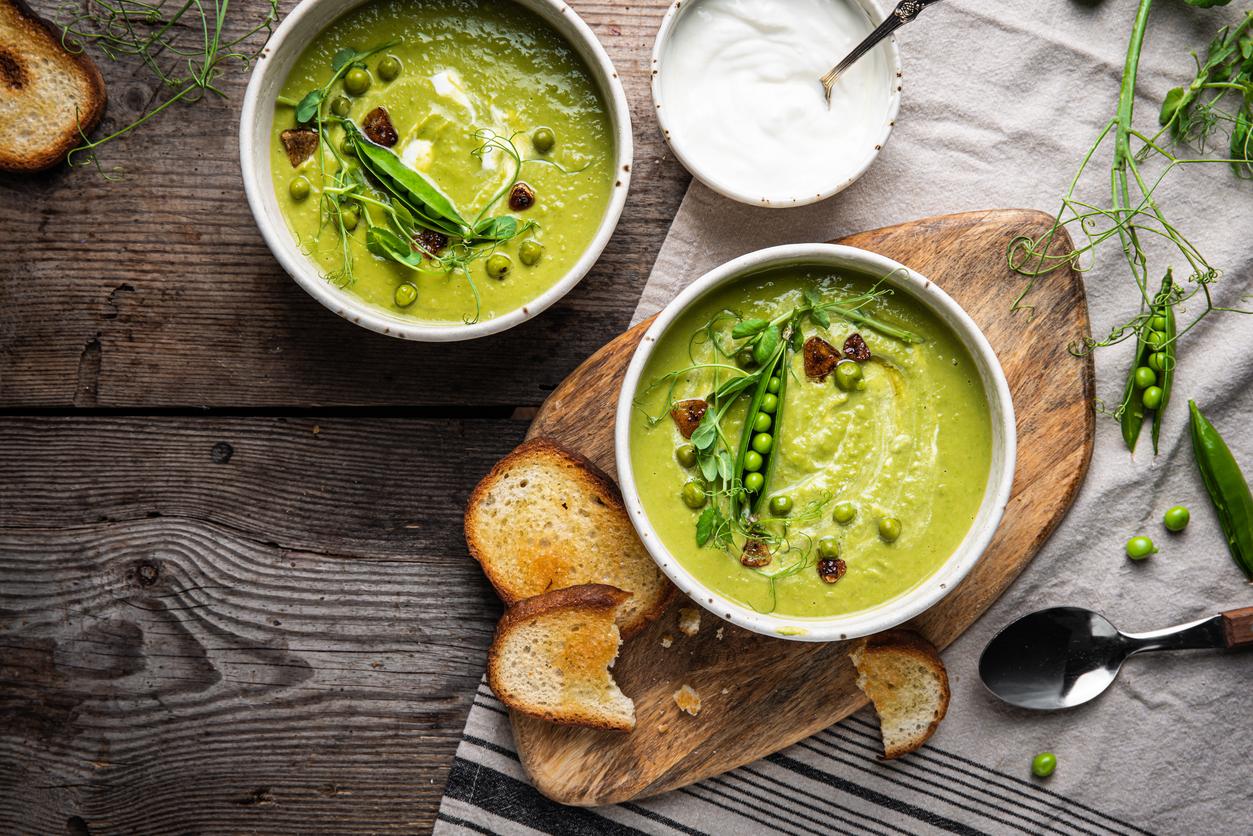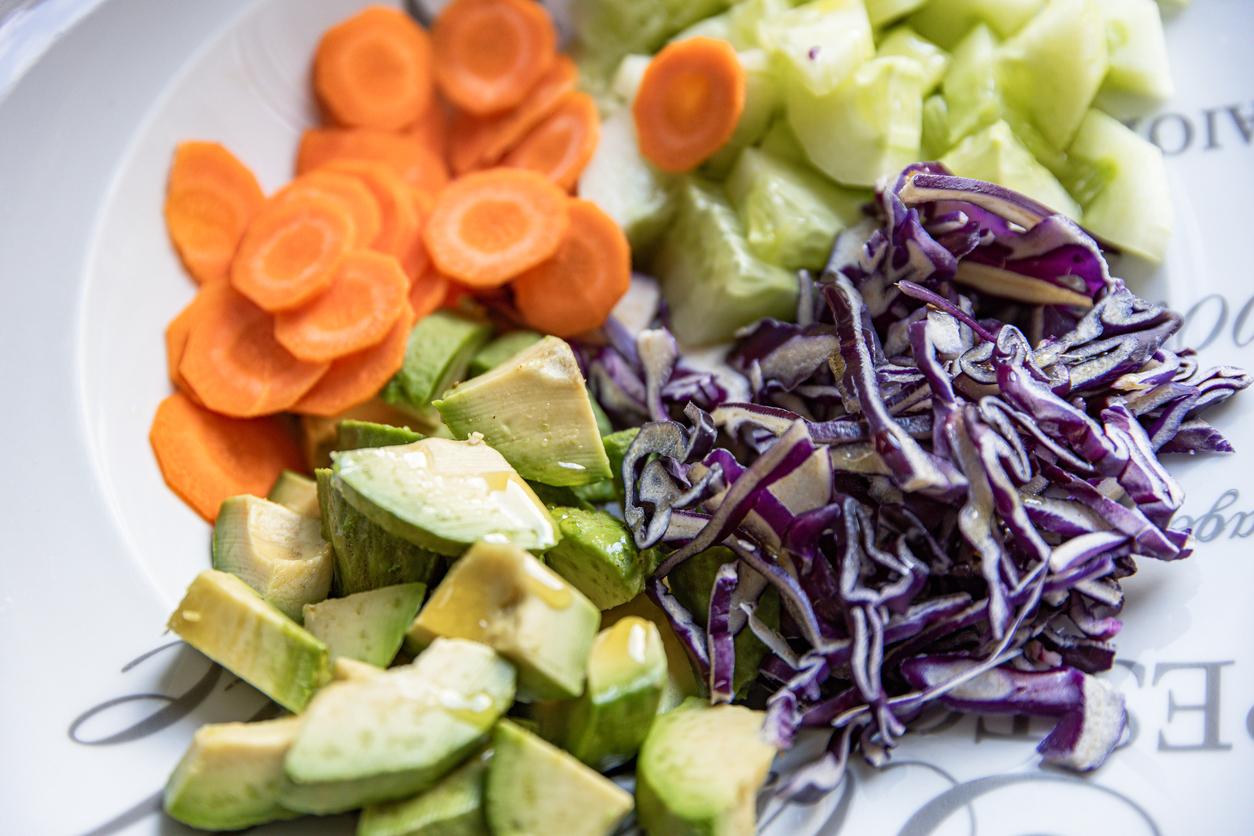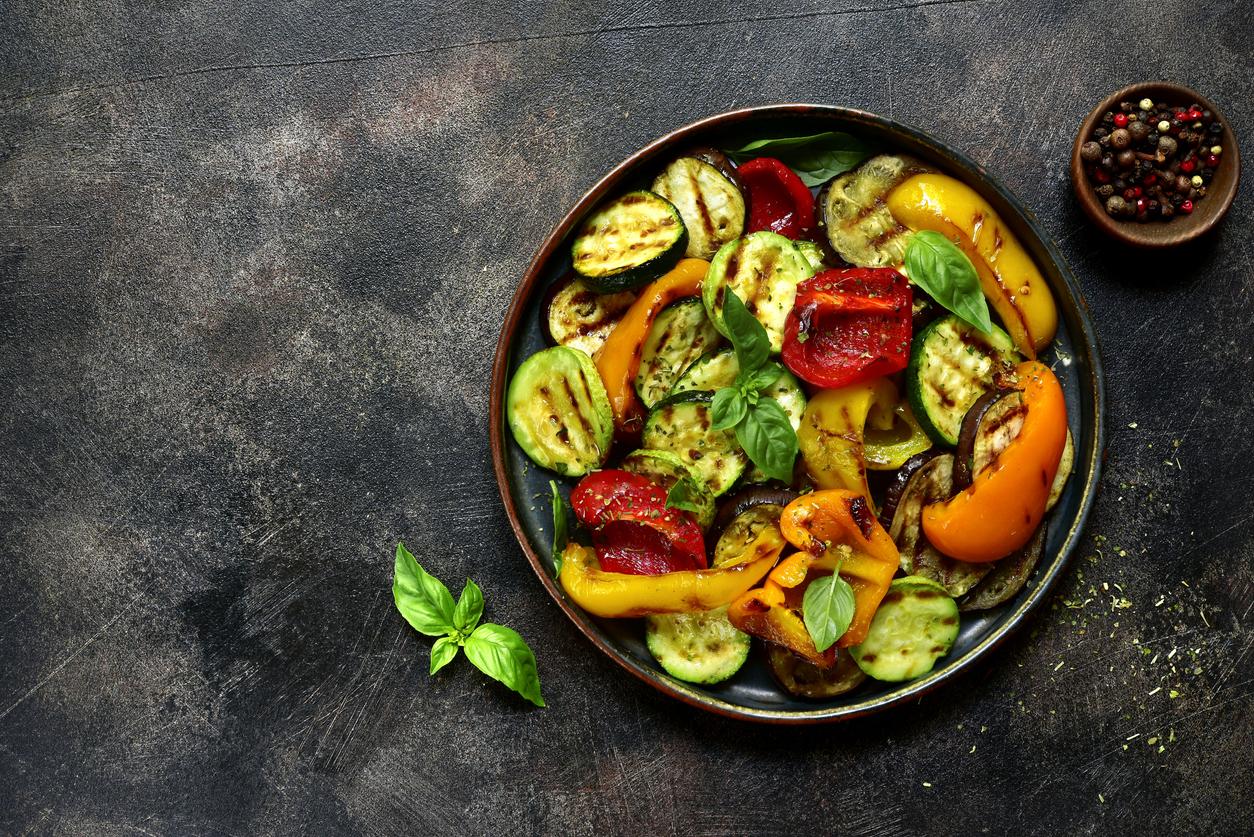November 29, 2004 – Not all fruits and vegetables have cancer-fighting properties, but all are good for you.
A few weeks ago, the results of an American epidemiological study1 led by the renowned Dr Walter Willett of the Harvard School of Public Health indicated that regular consumption of fruits and vegetables would reduce the risk of heart disease. But, based on data collected from more than 100,000 people participating in two separate cohort studies, the authors said they could not conclude that fruits and vegetables would provide any protection against cancer.
Asked to comment on these results, Dr Richard Béliveau, professor of biochemistry at the University of Quebec at Montreal and associate professor in the department of physiology at the University of Montreal, and whose work relates specifically to the anticancer properties of fruits and vegetables, expressed certain reservations as to the quality of the study.
From the outset, the research parameters would not be well defined, according to Dr Béliveau. “This is an old method that excludes, for example, the synergy of foods between them, which can improve or reduce the potential effect against cancer cells,” he says. In addition, the nature of the subjects’ “parallel” diet, that is, what they eat apart from fruits and vegetables, was not considered. However, if we eat one or two fruits a day, but at the same time stuff ourselves with junk food, the results will be affected.
Dr Béliveau agrees that not all fruits and vegetables confer protection against cancer and that to discover such a property requires a very detailed analysis, since everything happens at the molecular level. An example? “It’s not the broccoli itself that you have to look at, but sulforafane”, one of the active agents in broccoli which has already been shown to be effective against tumors induced in rats.
In addition, a food, even when compared to its counterpart, can show variation in chemical composition, depending on the region where it was grown and the time of year it was harvested.
According to Dr Béliveau, another important piece of the study is lacking: the type of diet Americans indulge in. “Many of the fruits and vegetables that studies have shown have anticancer properties are just not part of the average American’s diet,” he says.
Finally, epidemiological studies seem too general to conclude that there is a positive or no effect of fruits and vegetables on cancer. “Two people can say they use it, but are they the same? Were they as fresh as each other? How much were they consumed? “Asks the Montreal researcher.
He agrees that not all fruits and vegetables have cancer-fighting properties, “but all are good for you”.
Is it necessary to eat organic? “The important thing is to get used to eating fruits and vegetables, eight to ten servings per day.” Even frozen? “Freezing causes no molecular loss.” Cooked or raw? “We lose a little vitamins by cooking, but it does not alter the flavonoids”, which have a protective effect against cancer. What about canned vegetables? “They have only been heated, and it’s better than not eating any at all”, D concludes.r Béliveau.
Martin LaSalle – PasseportSanté.net
1. Hung HC, Joshipura KJ, Jiang R, Hu FB, Hunter D, Smith-Warner SA, Colditz GA, Rosner B, Spiegelman D, Willett WC, Fruit and vegetable intake and risk of major chronic disease, Journal of the National Cancer Institute, November 3, 2004, Vol. 96, No. 21, 1577-84.















